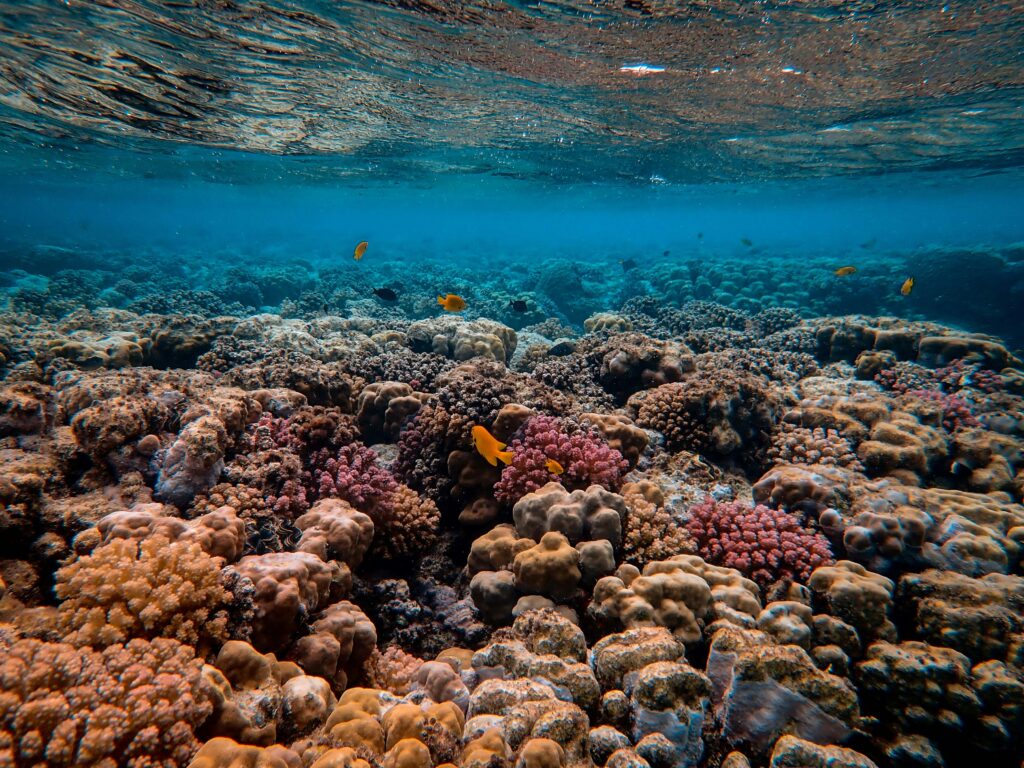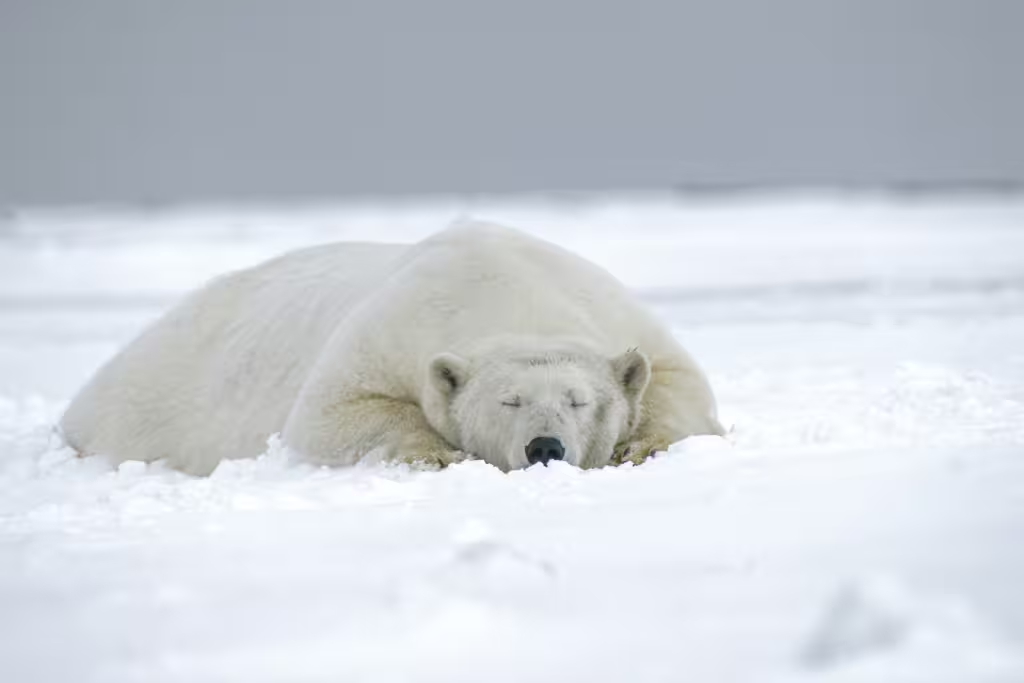We also note grumpily that while we were away another scare story went extinct without our assistance. The Great Barrier Reef, due to be laid to rest next to emaciated polar bears, the charred remains of the Amazon rainforest and now those adorable puffins as well as penguins, had the bad taste to burst into its own funeral in perfect health and gaudily dressed, shrugging off recent “bleaching events” as if they were all just part of the rich dynamism of nature or some such rubbish. Through gritted typeface the Australian Institute of Marine Science said “Continued coral recovery leads to 36-year highs across two-thirds of the Great Barrier Reef.” Hooray, right?
Not to alarmists. The BBC groused that “Great Barrier Reef sees record coral cover, but it is highly vulnerable”. It couldn’t exactly deny the bit about 36-year highs (which go back to the beginning of thorough monitoring) but hastened to add “coral cover in the southern part of the reef has decreased. The new coral is particularly vulnerable – meaning the progress could be quickly undone by climate change and other threats, officials say.” And of course “The Great Barrier Reef Marine Park Authority, which manages the reef, says the outlook for the icon is ‘very poor’ due to climate change.” Presumably that would be the same climate change that has, for the past 36 years, helped the coral grow to record levels.
Well, what were they going to say? Sorry guys, we made it all up? Among the positives here is that Peter Ridd, shamefully treated by James Cook University and then the Australian courts, got to do so in a paper for the Global Warming Policy Foundation. Including the observation that “The media makes much of occasional setbacks to coral cover, but a measure of the health of an ecosystem is the ability to recover from a major stress. Frail systems will not recover, robust systems recover well, just as healthy people recover quickly from disease.” As he added, “It is also unreasonable to expect that the small temperature rise over the last century (1°C) will have caused much impact, especially as it is well known that most corals grow faster in warmer water.”
Alert readers will have noted, indeed, the paucity of brilliantly-coloured coral in the cold waters off such renowned vacation spots as Canada’s Elsmere Island or Argentina’s Tierra del Fuego, as opposed to hot places nobody goes to like Tahiti or Hawaii. But there’s no cheering up climate alarmists. Australia’s Green Party spokesperson for “Healthy Oceans”, Sen. Peter Whish-Wilson, conceded that GBR recovery was good but “we can’t overlook that the fast-growing corals responsible for an increase in coral cover are also those most at risk from marine heatwaves and pest species” before calling the current left-wing government’s climate targets a “death sentence” for the reef.
As Ridd noted, the press “manage to find bad news in these wonderful statistics.” As H. Sterling Burnett observed on ClimateRealism, “CNN spent just a few paragraphs discussing the GBR’s expansion. More than two thirds of CNN’s story talked about the threat posed to the GBR from recent bleaching events purportedly driven by climate change. CNN’s story largely ignored the fact that most of the GBR’s coral colonies impacted by bleaching had recovered, as the AIMS’ report documents.” But, Ridd advised in a Facebook post, “Just ignore them…. We must celebrate that our Great Barrier Reef is brilliant.” Whereas we say it’s worth looking at those weird media accounts to see how their arguments are unraveling.
For instance the august Times attempted to give the renewed coral a good kick. But it accidentally gave the game away in an editorial (shared by an alert reader) that first, in praising conservation efforts including water quality, conceded that the main man-made threats to coral are unrelated to temperature and then really put its foot in it by claiming that:
“Though the reef was born in the Miocene era, some 20 million years ago, the threats to its biodiversity have emerged quite suddenly. These include, pre-eminently, climate change. Though warmer temperatures might intuitively seem beneficial for coral, which thrives in tropical waters, this is not necessarily so. An ecosystem involves a delicate relationship, in this case between corals and algae. When it is disrupted, and the water temperature kills the algae, then an event known as coral bleaching occurs. The coral becomes sterile.”
Bosh. And the problem isn’t just that the Times has no idea what threats to its biodiversity have existed in the past or the key difference today. It’s that, we cannot say often enough, everyone interested in climate change, and the impact of warming, should pay careful attention to the past history of the Earth. For instance this “Miocene” of which they incautiously speak. In case you had to Google too, it’s the first Epoch of the Neogene Period within the Cenozoic Era. (Sorry, but the planet’s been around so long there are a lot of divisions.) Basically it’s from 23 million to five million years ago, and as Wikipedia notes, “As Earth went from the Oligocene through the Miocene and into the Pliocene, the climate slowly cooled towards a series of ice ages.”
So it was a lot warmer than today for 20 million years during which coral flourished. But today’s lesser warmth is deadly in some weird way not seen before. And also not matched in the Holocene Climatic Optimum considerably warmer than today, or the previous “Eemian” interglacial also considerably warmer than today (which also unaccountably failed to whack the polar bears). But whatever is wrong, it’s not that it’s getting chilly for corals as the planet cools inexorably, including 2.5 million years of long glaciations and brief slightly warmer spells.
Likewise, in a classic case of alarmists taking for granted that their case is proven no matter what the evidence, the Telegraph started its story on this topic “Australia’s Great Barrier Reef is bursting back to life in remarkable fashion after being damaged by warming waters, a new investigation has revealed.” Whereas of course the health of the reef calls into question, to anyone whose mind is not mixed up and set like concrete, the notion that warming waters were causing the damage. But never mind because experts say:
“The world heritage site is currently boasting its greatest coral cover in decades. However, experts cautioned that the regrowth was made up largely of a common, fast-growing but weak genus known as acropora that could easily be lost.”
Boo acropora, right? Well, not exactly. “Acropora is renowned for its branching colonies that resemble staghorns and can grow in thickets covering large areas in a variety of colours. It also plays a key role in reef building, providing a large percentage of the calcium carbonate structure, and is tied to the popular imagination of the Great Barrier Reef, frequently being pictured on postcards.” On the other hand, “it is particularly vulnerable to storms and crown-of-thorns starfish, which feed on coral, and often grows in ‘boom and bust’ cycles.” So just more nature? Nothing to do with climate?
No. Of course not. Instead “The reef, which stretches for nearly 1,500 miles along the coast of Queensland, has been badly impacted by climate change in recent years and has suffered a series of ‘mass bleaching’ events, where stressed coral turns white.”
So never mind the recovery. Continue the funeral. Just lie down and keep still, will ya?



...but hastened to add “coral cover in the southern part of the reef has decreased..."
The southern part? You mean the part in the coldest waters? You'd naively think that cold inhibits regrowth while warmth aids regrowth.
“It is also unreasonable to expect that the small temperature rise over the last century (1°C)...". Was it not this blog which reported that the waters off the Australian north coast had not changed temperature -at all- in the last 150 years? Would Peter Ridd not know that? Or was he perhaps referring to an atmospheric temperature increase which might be duplicated in the ocean in a few centuries?
The Great Barrier reef is 10000 years old, not 2 million years old. I don't know where they got that from.
The article mentions that "the reef was born.... some 20 million years ago" in fact. Wikipedia and some other sources say 500 or 600 thousand years ago. But these are apparently "earlier versions" of the current reef which is perhaps 8000 years old according to one source. It also says the first coral reefs formed perhaps 500 million years ago. So take your pick!